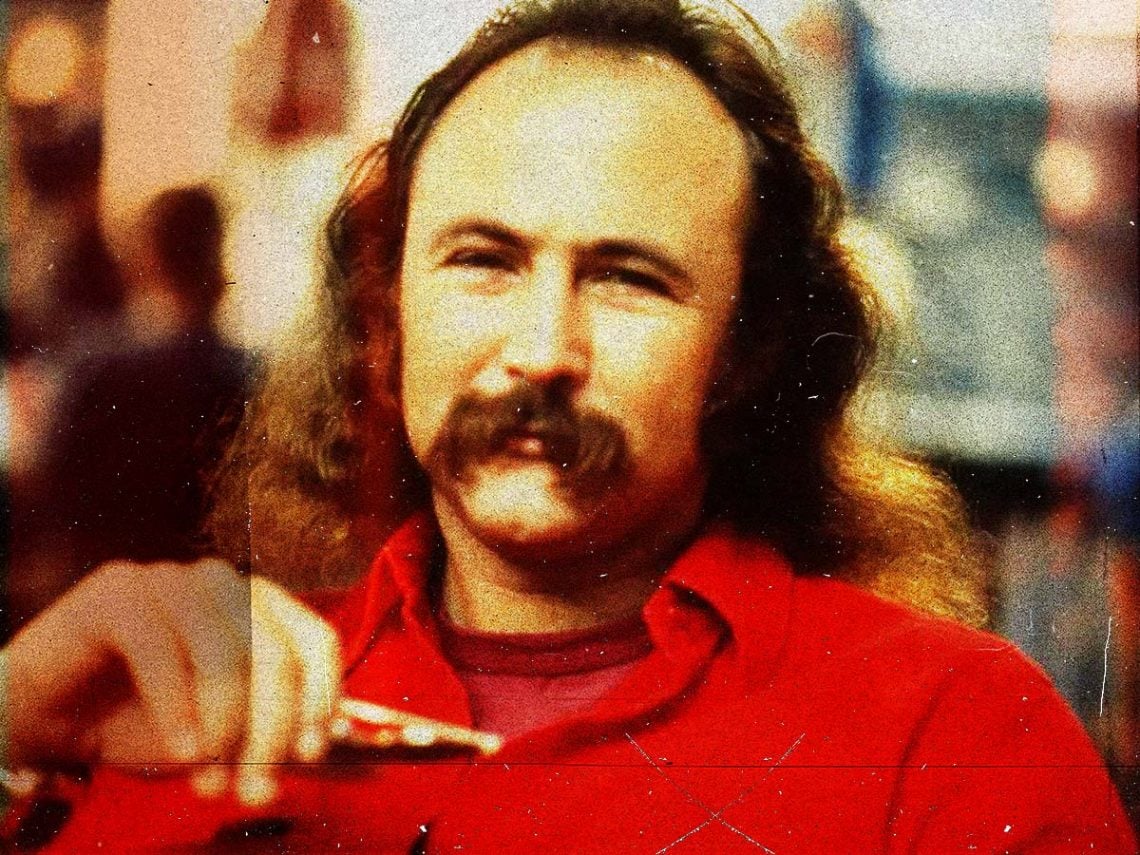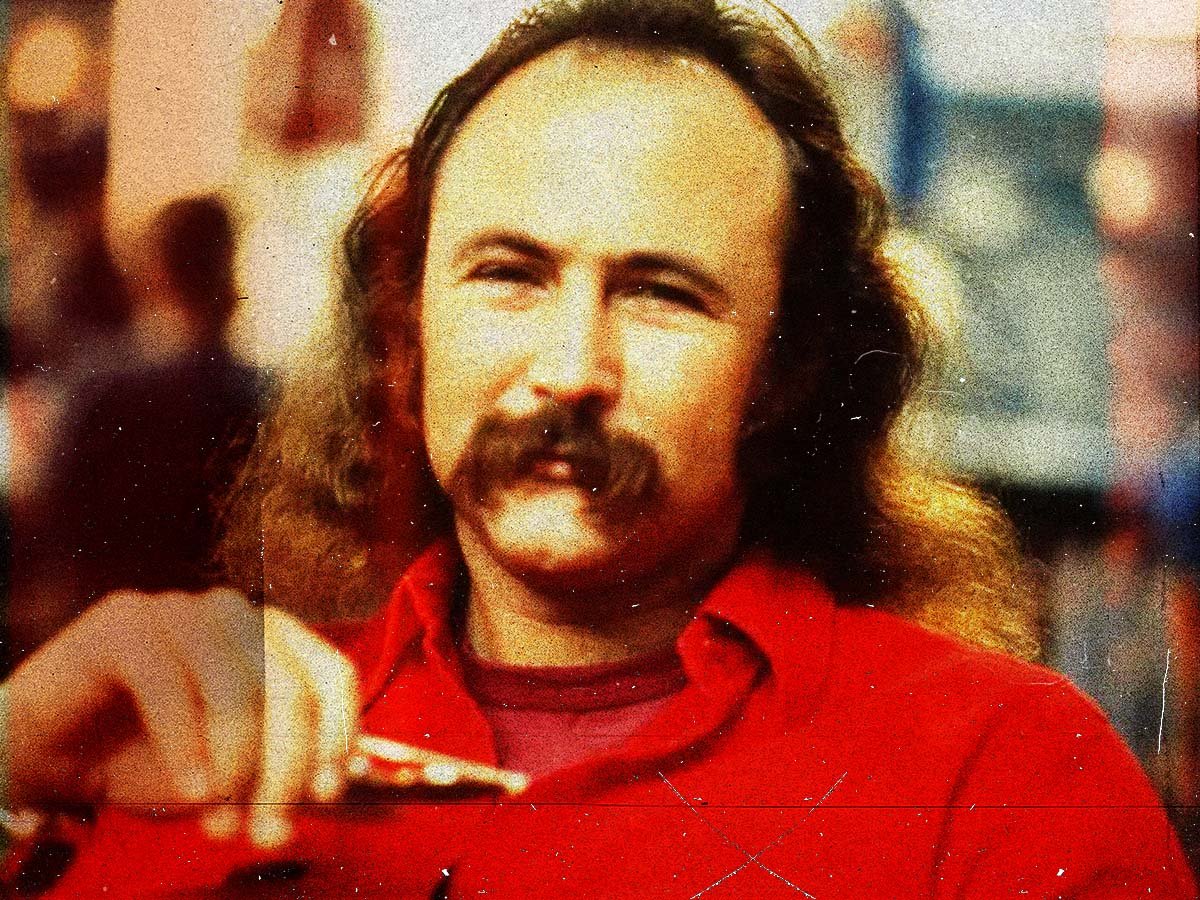
Credits: Far Out / Alamy)
Sat 25 October 2025 18:15, UK
Anyone that lived the life David Crosby had didn’t really have much to complain about.
After shaping the world of rock with The Byrds, getting the chance to have another supergroup on his hands with Crosby, Stills, and Nash is the kind of opportunity that is only reserved for a handful of artists in the music business. But if Crosby had it his way, he knew that there were far greater aspirations for him than being the resident folkie of California.
For a brief period, though, Crosby did seem like he was becoming a caricature of what the ‘California sound’ was supposed to be. He was always the one that was searching for the latest talent, and while he did take a lot of stars under his wing throughout his career, he still lived by the credence that a great song could work as well without any bells and whistles on an acoustic guitar.
The Byrds held firm to that belief as well, but when you start strumming away on chords, there aren’t too many places for people to go afterwards. Anyone would want to start branching out, and given Crosby’s music taste, he wasn’t meant to sing jangly music forever. He had a healthy respect for artists like Bob Dylan, but he had already started listening to the biggest names in jazz since he was young.
To him, John Coltrane and Miles Davis were as important as John Lennon or Paul McCartney, and listening to any of them take a solo was like watching magic being channelled on the spot. He could sense that same sense of wonder in a lot of the new kids in town that he liked, but he felt that anything that modern music had done wouldn’t have satisfied him nearly as much as Steely Dan did.
Donald Fagen and Walter Becker were practically musical scientists in many cases, and while Crosby was respectful towards their body of work, he knew being in that band would have eclipsed anything else he had done, saying, “When we started the Byrds, man, there were other people around town. Paul Revere & the Raiders. We’re tallkin’ primitive shit, guys dancing on their amps in uniforms. I mean, come on. (Laughs). This is a different world. And I hear Steely Dan. Man do I wish I was in that band.”
When looking at the kind of music that Crosby was making on his own, though, Steely Dan was clearly the next step for what he wanted to do. Fagen and Becker had spent their lives trying to make the most perfect performances they could, and given how much Crosby loved the vocal harmonies in CSN, hearing the same thing happening with the instruments on records like Aja was like heaven for him.
It’s easy to see that kind of sound cropping up in the other members of the folk scene as well. The biggest names in blues and hard rock had suddenly given way to jazz fusion bands, and whereas most artists either moved on to chasing trends, hearing Joni Mitchell start making more advanced music on her later records was her way of evolving past the same woman that broke hearts on Blue.
There’s no telling what Crosby could have brought to Steely Dan during his lifetime, but given the amount of care he put into his voice, he certainly had the chops for it. Even until the final years of his life, Crosby still had the chops of a great singer, and if he could lend his talents to records by David Gilmour, what was stopping him from making something even more grandiose with ‘The Dan’?
Related Topics

